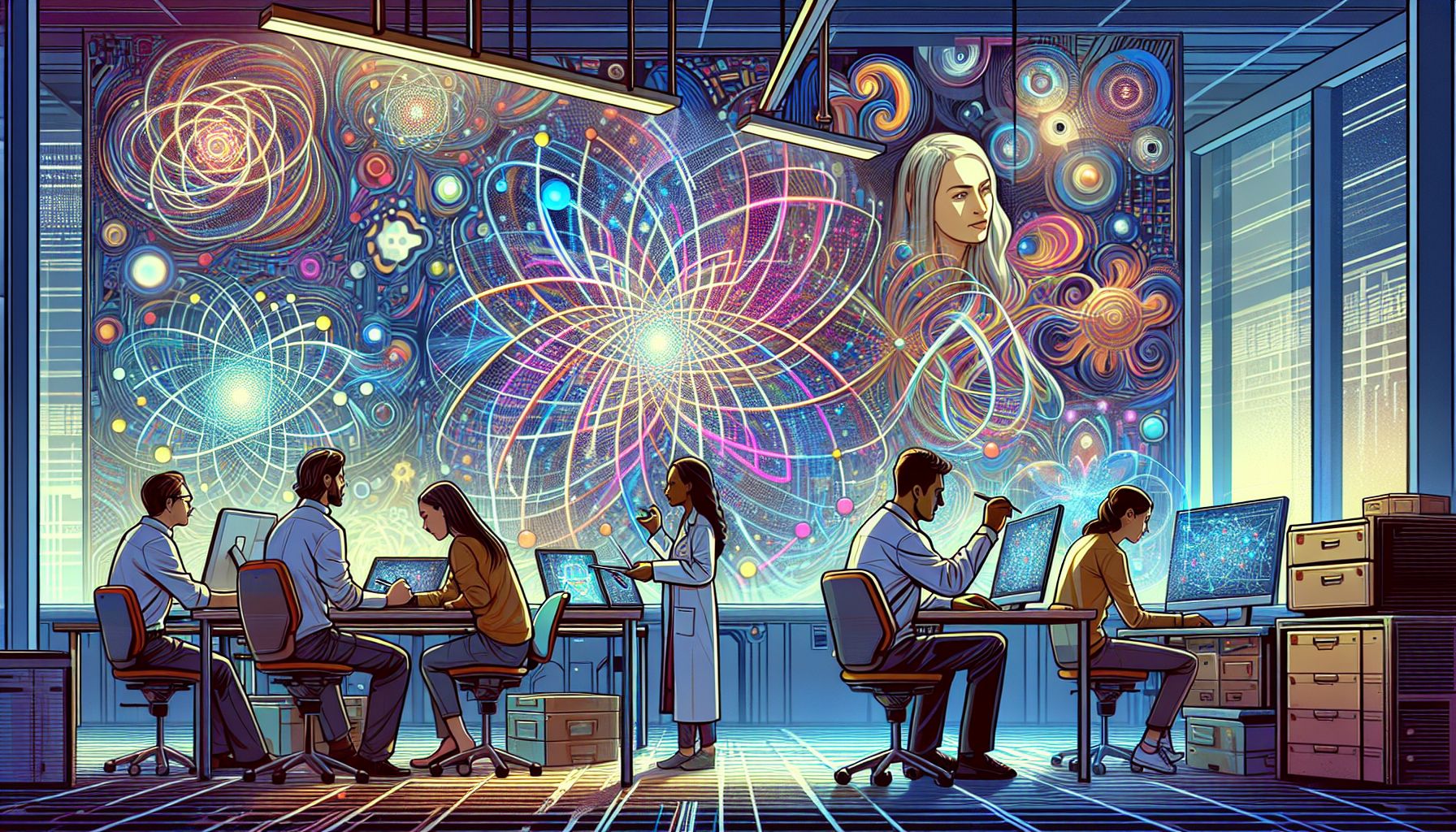AI Revolutionizes Quantum Entanglement with Simpler Method

Amsterdam, Monday, 9 December 2024.
An international team uses AI tool PyTheus to discover a method for quantum entanglement that avoids pre-entangled pairs, enhancing quantum network efficiency and challenging traditional assumptions.
Breakthrough in Quantum Computing
In a groundbreaking development for quantum computing, researchers from Nanjing University and the Max Planck Institute for the Science of Light have unveiled a revolutionary approach to quantum entanglement [1]. The discovery, published in Physical Review Letters on December 6, 2024, leverages an AI tool called PyTheus to achieve quantum entanglement through a significantly simpler method than traditional approaches [1][2]. Led by Mario Krenn, research group leader at the Max Planck Institute’s Artificial Scientist Lab, the team has eliminated the long-standing requirement for pre-entangled pairs and Bell-state measurements [1].
How the New Method Works
The innovative technique utilizes the indistinguishability of photon paths to generate entanglement [1], representing a fundamental shift from conventional quantum networking approaches that have dominated the field for over 25 years [1]. This discovery was made serendipitously while the team was using PyTheus to analyze quantum protocols [1]. According to Krenn, the method allows entanglement to emerge without requiring all ancillary photons to be detected [1], potentially reducing resource requirements for future quantum networks [1].
Research Impact and Team Composition
The international collaboration includes prominent researchers such as Kai Wang, Zhaohua Hou, Kaiyi Qian, Leizhen Chen, Shining Zhu, and Xiao-Song Ma from Nanjing University [1]. The research has gained significant recognition, with Krenn’s work being particularly noteworthy as he leads the Artificial Scientist Lab at the Max Planck Institute for the Science of Light [2]. His recent achievements include securing a €1.5 million ERC Starting Grant for the ArtDisQ project, focusing on advanced quantum hardware discovery using AI methods [2].
Future Implications
This breakthrough has significant implications for the future of quantum communication and information processing [1]. The simplified approach could accelerate the development of practical quantum computers and networks [1]. The research team’s findings demonstrate AI’s potential to uncover more efficient methods in quantum physics, potentially leading to faster development of scalable quantum networks [1]. Further experiments and applications are expected to be explored throughout 2025 [1].

